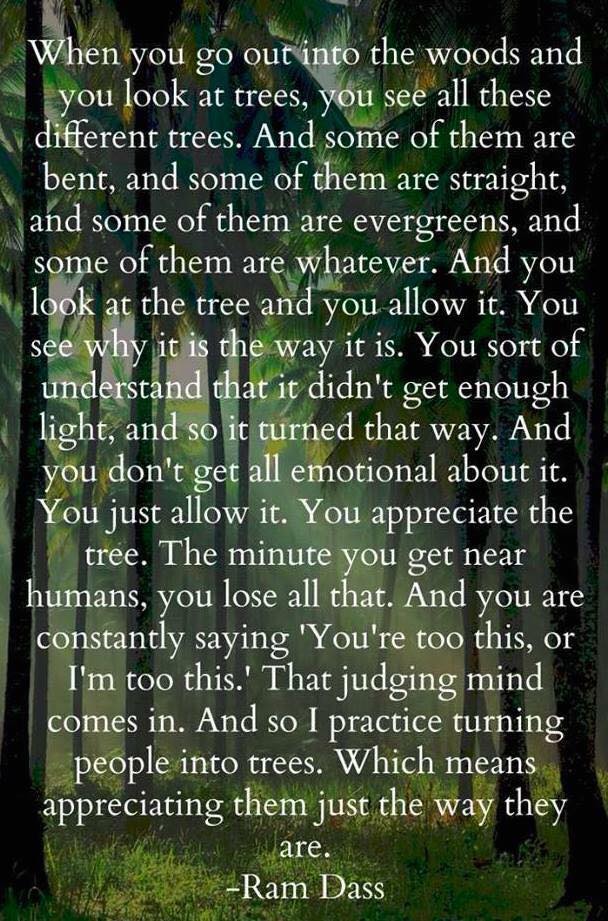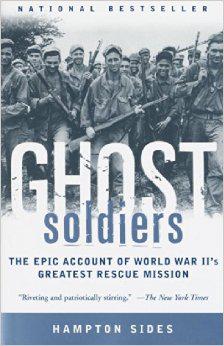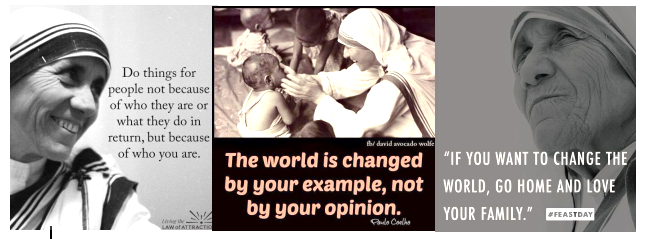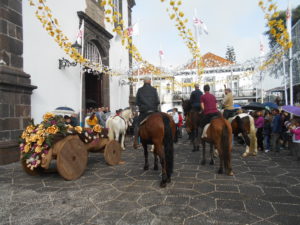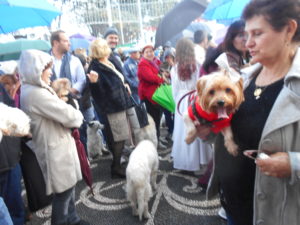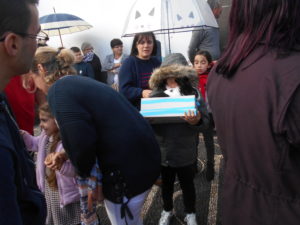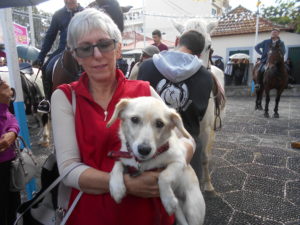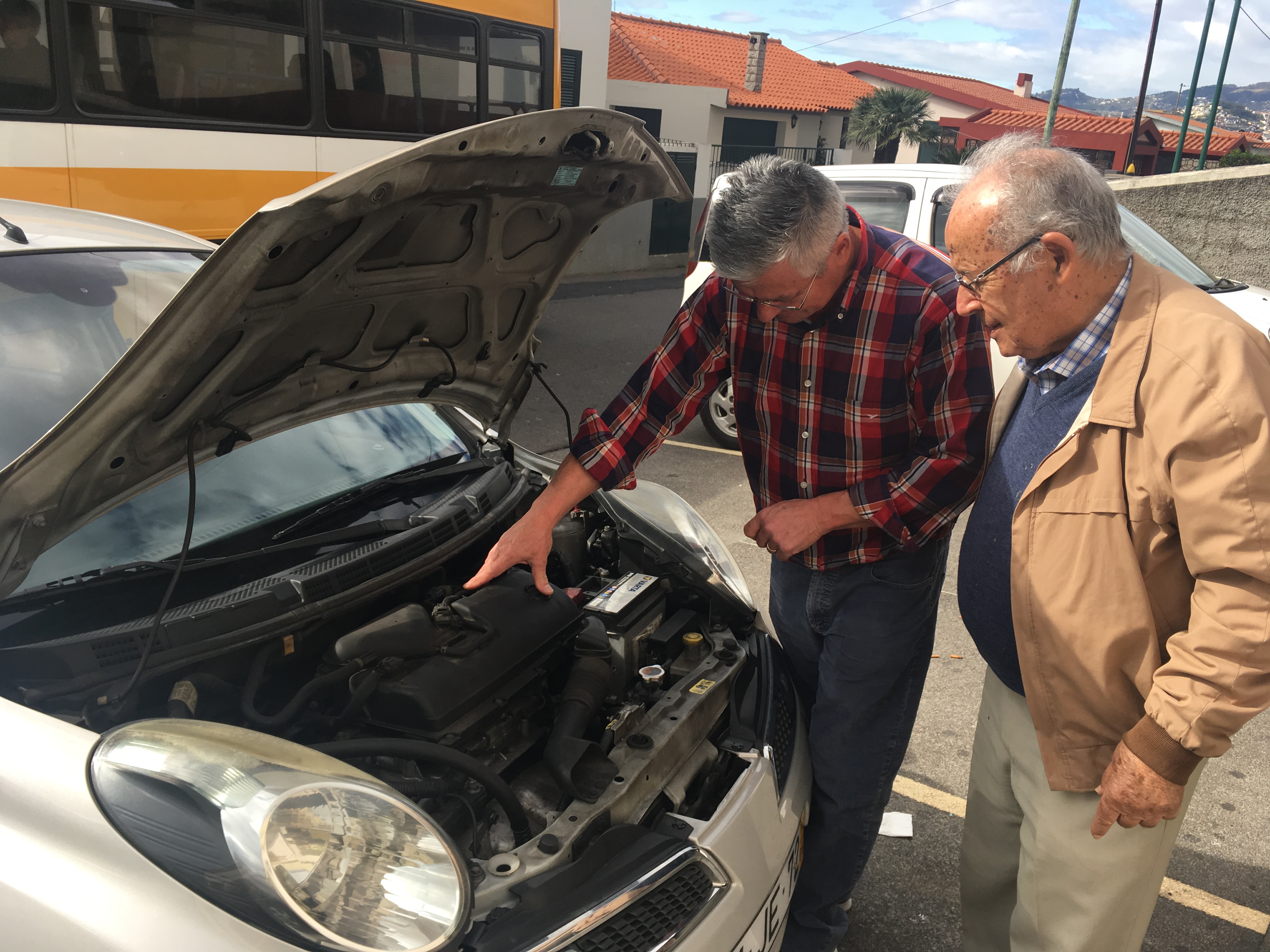FROM MY HEART TO YOUR HEART – “When people are different that doesn’t mean they are bad”
HER HEAD DOESN’T WORK LIKE OURS
The project People Helping People was trying to help a lady living in extreme poverty. The first time we visited her cave (no resemblance with a house) we had to climb 80 steps to see her. This happened in Funchal. In an attractive and touristic city. Cindy (not her true name) had lived in the USA most of her life where she was involved in high criminality. Cindy was born in Azores from a relationship between a Portuguese mother and an American soldier who had been deployed to Azores.
Cindy was two years old when she went to the USA. Unfortunately she never became an American citizen. She grew up in a very bad family environment. It was very common to see her mother being «visited» regularly by strange men.
After being arrested and doing her time in horrible prisons she was deported to her country that was Portugal.
According to her, she had a university degree in landscaping. After the tragedy of February 20 of 2010, when part of this Island was partially destroyed by a terrible storm, she decided to come to Madeira in hope that she would find a job in her area. Cindy spent many years in Madeira and never found a job (or maybe she never accepted a job offer).
She slept on the streets and one day she showed me the «best» garbage cans where she used to find her «meals». Drugs, alcohol and cheap prostitution were part of her life. We paid rent in different houses but it never worked. She wanted to go back to the USA but every time we tried, her Visa was denied. We were completely lost without knowing what to do. We really loved Cindy. People Helping People is not about judging and domesticating people but about loving and helping people until the last consequences.
Cindy was rejected and mistreated by some «wonderful» institutions with their cruel rules. One of the institutions that «helped» Cindy has been named, at different times, by some people like Cindy as being like concentrations camps. I have been there a few times and I’ve never had a good experience.
One day, after so much effort, prayer and love for Cindy, we convinced her to see a psychiatrist who admitted her into a mental institution. However, after a long period of time, Cindy didn’t want to stay there and the psychiatrist told us that she could not be forced to stay against her will.
We (Dalila and I) never forgot what the psychiatrist told us in the parking lot of the hospital. That was an epiphany for us. His words changed our way of looking at the poor and are still in our minds and our discussions when we deal with those who really rebel against our work and our efforts. His words were very simple: «Her head doesn’t work like ours».
Every time we deal with people who prefer wine rather than milk, prefer cigarettes rather than bread, prefer to sleep on the streets rather than to have a decent job, who prefer begging rather than working, we repeat the words of the reputable psychiatrist Dr. Luís Filipe: «Her head does not work like ours».
But my concern is that Dr. Luis Filipe did not tell us that our heads work better than hers. Actually I have my doubts. I believe that if our heads worked better than hers, maybe now we wouldn’t be grieving and crying for Cindy.
Cindy committed suicide and I presided over her funeral. We are still grieving for Cindy and for all the Cindys of the world who are accused, judged and condemned without being heard and loved. «When we start by judging we have no time to love».

